EARLY SYNTHESIZERS
Edgard Varese and Poem Electronique
1888-1965
France/New York
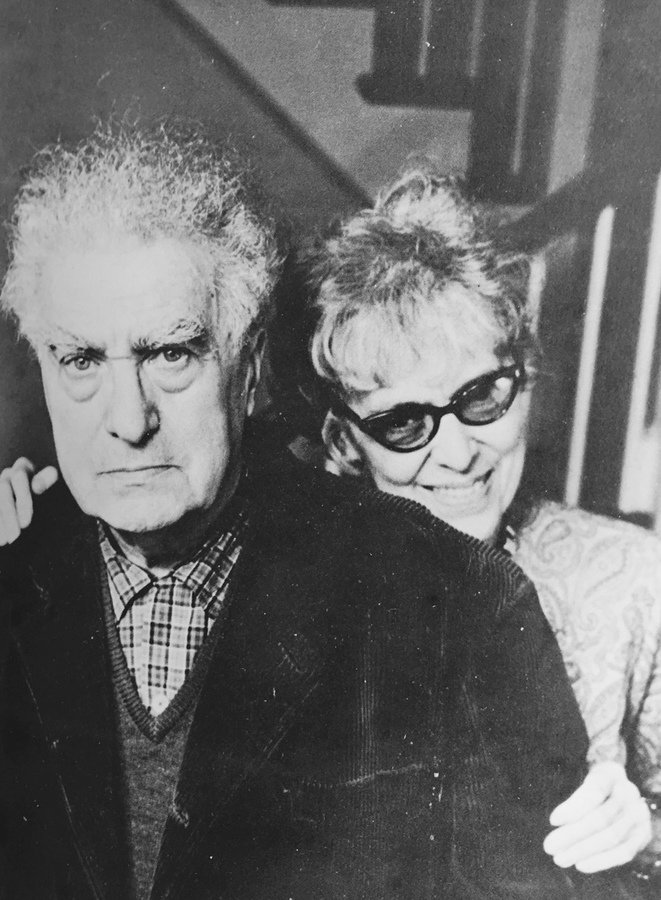
Text
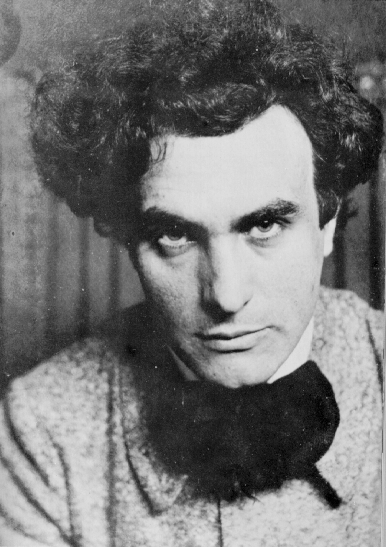
Edgard Varese
To stubbornly conditioned ears, anything new in music has always been called 'noise'...what is music but organized noises?
Philips Pavilion at 1958 World's Fair in Brussels, designed by Le Corbousier

Poem Electronique by Varese, and Concret pH by Xenakis played
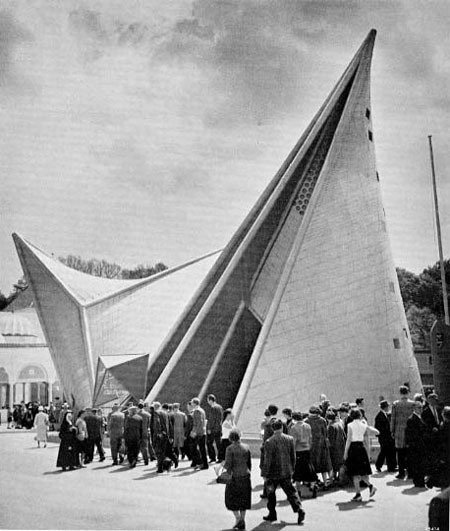
Now listen to Poem Electronique by Edgard Varese, found on the D2L topic page...
The RCA Mark II Synthesizer and the Columbia-Princeton Electronic Music Center

But to assign blame is to imply that this isolation is unnecessary and undesirable. It is my contention that this condition is not only inevitable, but potentially advantageous for the composer and his music. From my point of view, the composer would do well to consider means of realizing and extending the advantages [of this isolation].
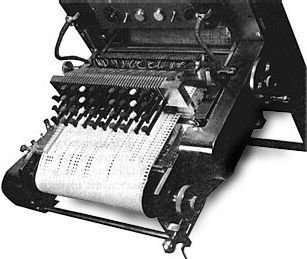
The time has passed when the normally well-educated man without special preparation could understand the most advanced work in, for example, mathematics, philosophy, and physics. Advanced music [...] scarcely can be expected to appear more intelligible than these arts and sciences to the person whose musical education usually has been even less extensive than his background in other fields. But to this, a double standard is invoked, with the words [...] ’music is just music.’
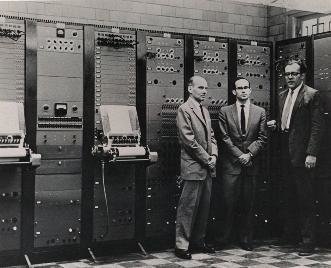
“And so, I dare suggest that the composer would do himself and his music a service by total, resolute, and voluntary withdrawal from this public world to one of private performance and electronic media, with its very real possibility of complete elimination of the public and social aspects of musical composition. By so doing, the separation between [academic and popular music] would be defined beyond any possibility of confusion of categories, and the composer would be free to pursue a private life of professional achievement, as opposed to a public life of unprofessional compromise and exhibitionism.”
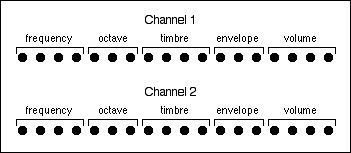
“It often has been remarked that only in politics and the arts does the layman regard himself as an expert, with the right to have his opinion heard. In the realm of politics he knows that this right, in the form of a vote, is guaranteed. Comparably, in the realm of public music, the concertgoer is [...] [protected] from further scrutiny by his firmly stated 'I didn't like it.' Imagine, if you can, a layman chancing upon a lecture on "Pointwise Periodic Homeomorphisms." At the conclusion, he announces: ‘I didn't like it.’
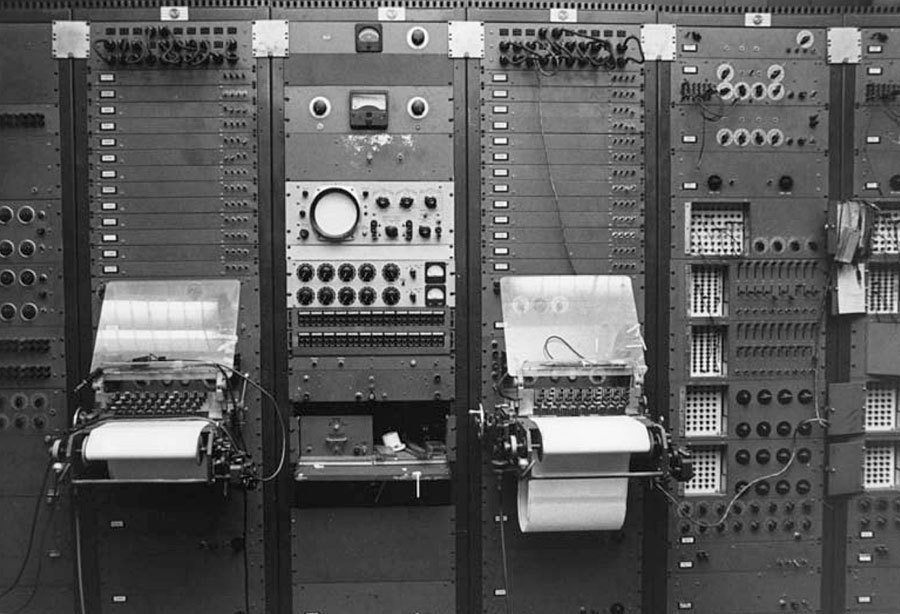
A Hit-Making Machine
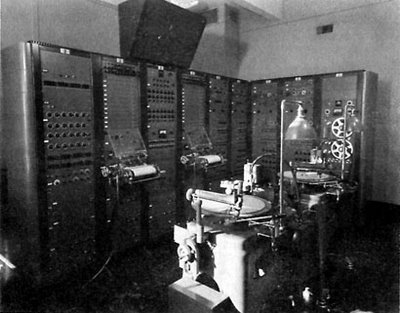
Disc Cutting
RCA MKI Demo Record

The Mark II
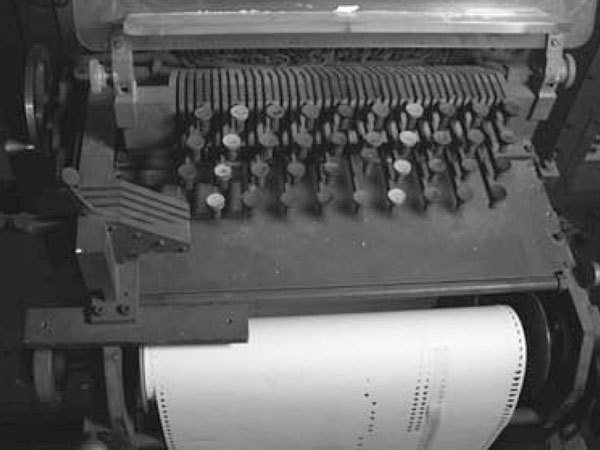
Punch Roll Programmer



Milton Babbitt
1916-2011
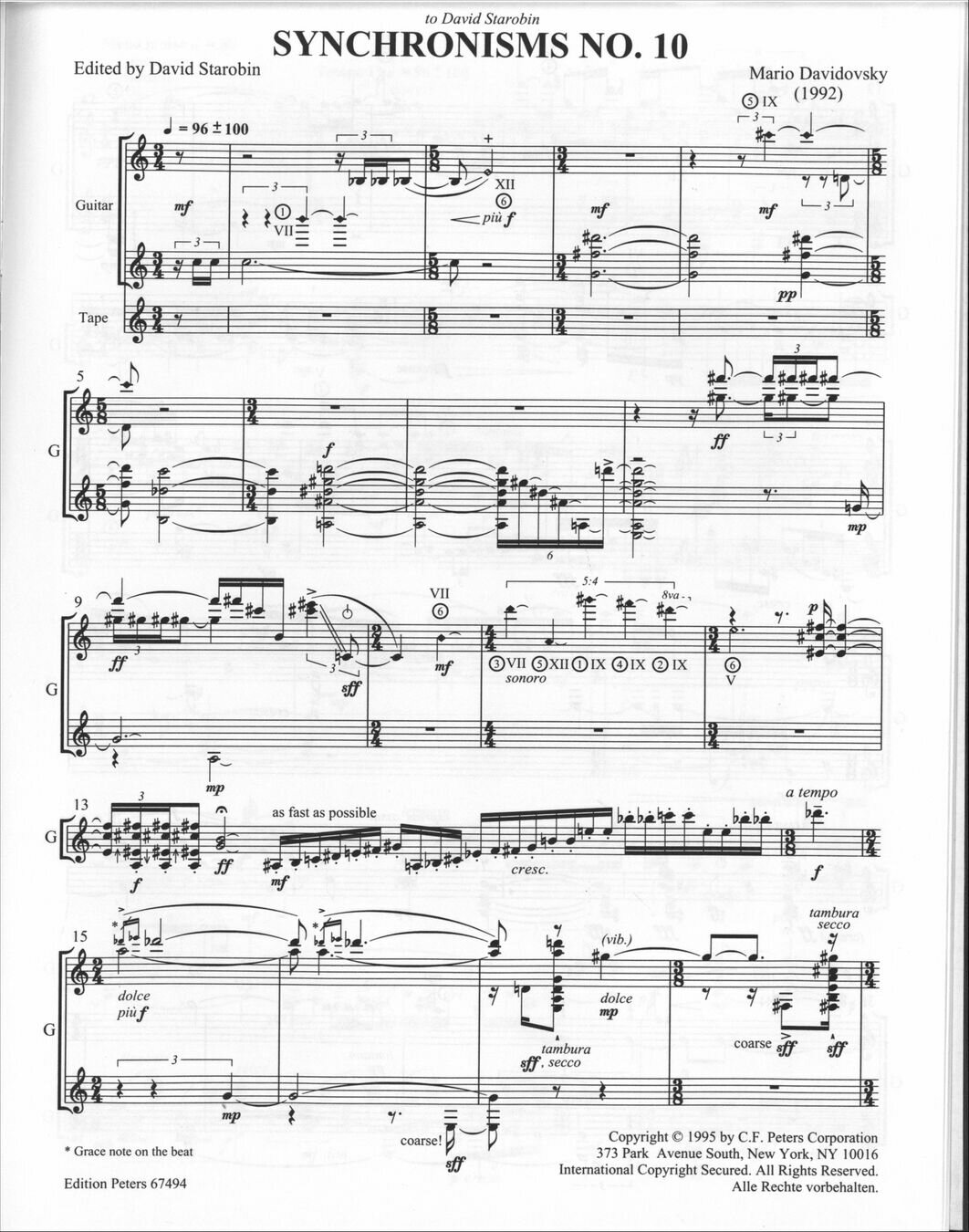
Karlheinz Stockhausen
1928–2007
Mikrophonie I (1964)
4 Percussionists + Live Electronics
Gruppen (1955-57)
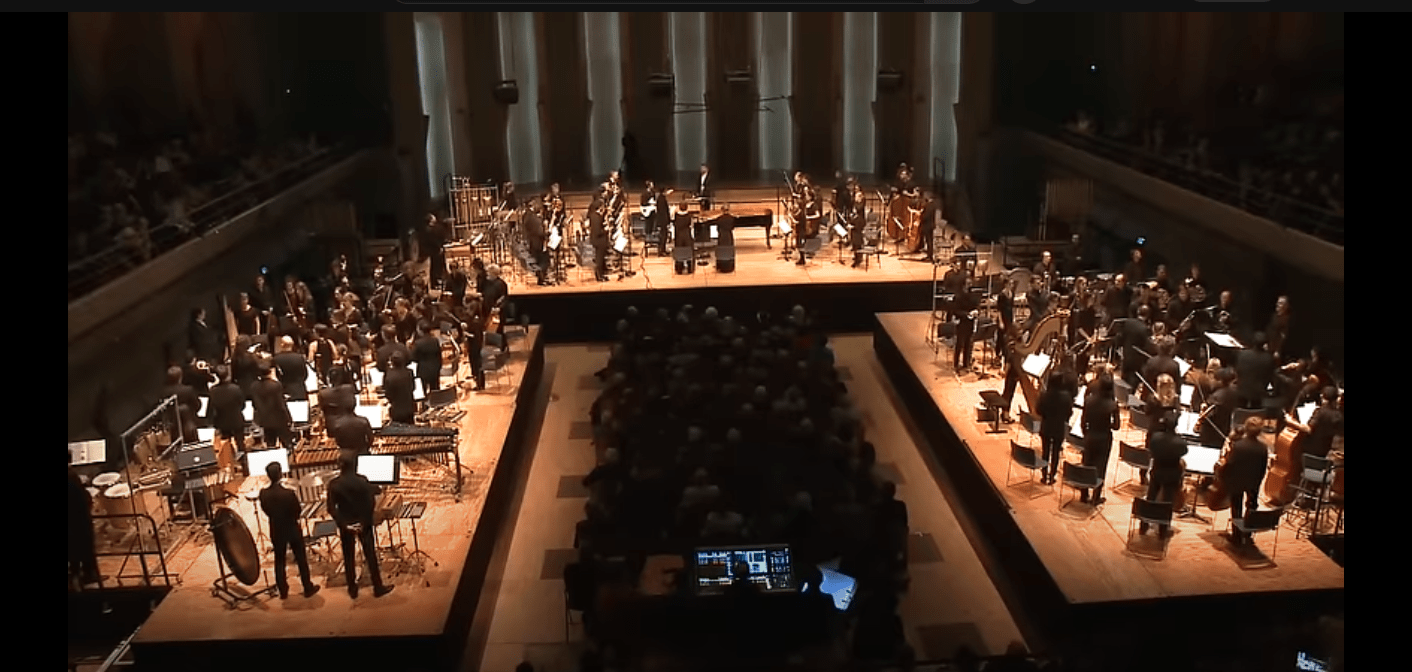
Excerpt from a documentary on rehearsals for the Helicopter Quartet.

WDR German Studio
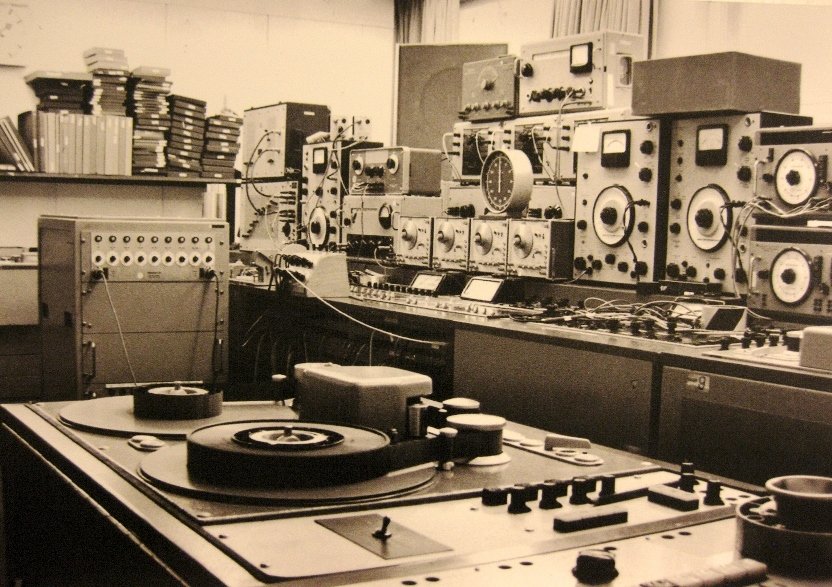
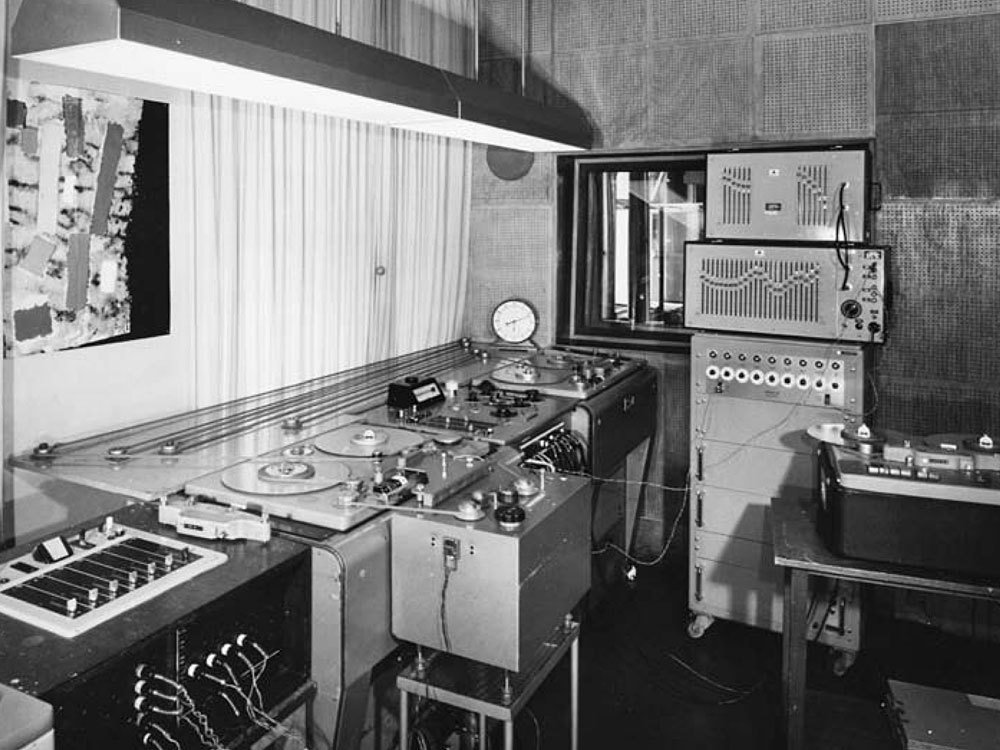
Gesang der Jünglinge (1956)
(Song for the Youths)
- Combined acoustic & electronic sounds
- Playing with 2 very different types of sounds: Electronic vs. voice (juxtaposition, morphing, etc.)
- Composing for density & direction (4 channels)
- Text from the Book of Daniel praising God
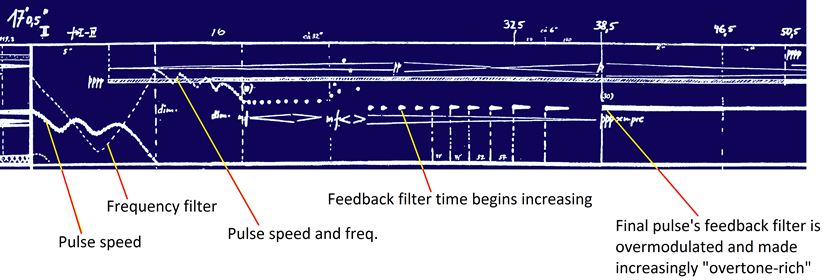
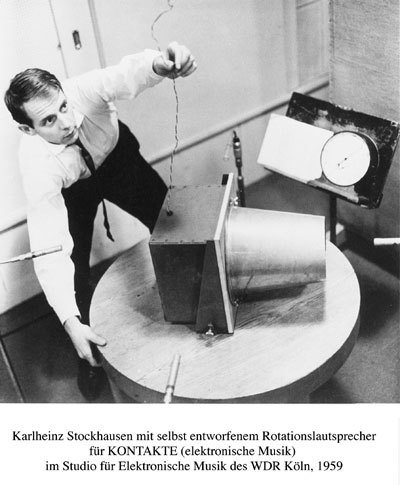
Raymond Scott
After a successful career as a band leader, Scott used his considerable skill and money to build electronic instruments in his home lab that were years ahead of their time. As early as the 50s, he built synths and sequencers, and used them to compose music for commercials and short films. His early jazz compositions can be heard (uncredited) in Warner Bros. cartoons.
